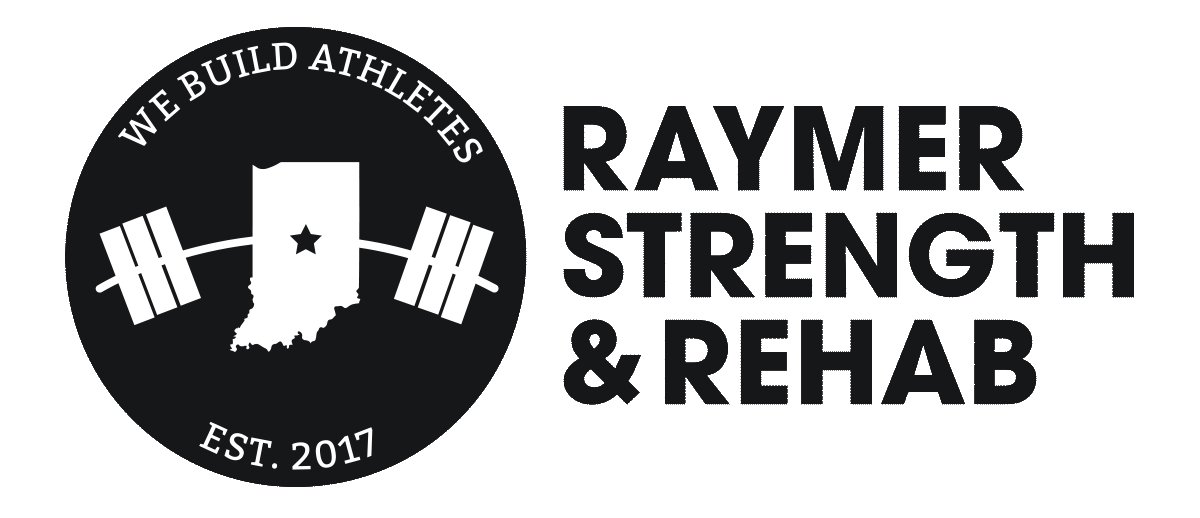Sports Performance: The 3 Basics of Proper Recovery
“While you’re on the couch, someone is out there, grinding, doing more than you.”
I swear we have our own version of Fear Of Missing Out (FOMO). Maybe I should call it “Athlete FOMO?”
“AFOMO?”
When I was competing in Taekwondo, I never wanted to take a day off of training. In my sport, you are one-on-one with your opponent. There is no team to fall back on. The buck stops with you. I was worried that one day off would mean the difference between making the podium and being left behind.
However, I couldn’t have been more wrong. Taking a little more time off for proper rest, let alone proper daily sleep, would’ve helped me recover and perform even better! I wish I knew all this back then.
Recovery can take many forms. Active recovery (walks, slow bikes, etc.), massage, cryotherapy, cupping, scraping, acupuncture, intravenous fluids, are just a few ways that some athletes choose to help their bodies recoup.
However, before you go all out on expensive therapies, there are three major recovery building blocks that you must master first.
Sleep
Kids (age 6 to 12) need 9 to 12 hours of sleep. Teens (age 13 to 18) need 8 to 10 hours of sleep.
At Raymer Strength, we ask our athletes to fill out a questionnaire before and after training sessions to measure the session’s effectiveness and look out for any lifestyle red flags. The questionnaire covers sleep, nutrition, health, and more. Most of our athletes are lucky to consistently get 7 hours of sleep.
Many folks will blame lack of sleep on an athlete’s grueling schedule of school, practice, private training, and travel sports. I’m not going to pretend that it isn’t part of the issue. However, it ultimately comes down to prioritization. I have one athlete that gets more than 8 hours of sleep every night. She does that while getting up for 5:30am training sessions, she’s properly hydrated, and she eats well. She also gets excellent grades.
Don’t underestimate what our teens can accomplish when they put their minds to it.
Hydration
Good hydration is another habit athletes must master. If you think you’re drinking enough water, you probably aren’t.
How much should you drink at a minimum? Half of your body weight, in ounces. If you weigh 150 pounds, that means 75 ounces of water. As athletes, you need to aim for more, especially if you are active that day. You also need to replace the water that is lost as sweat during exercise.
Loosing just 2% of your body mass through fluid loss can negatively impact endurance and cognition (Cheuvront, S. N., & Kenefick, R. W.). Our rule of thumb? Drink 20-24 ounces of water multiplied by the number of pounds you lost after exercise. For example, if you lost 2.4 pounds during exercise, multiply 2.4 x 24oz, and you’ll find you need to drink 57.6 ounces water. [amazon link here with bottles that have measurements]
Nutrition
Next is nutrition, and it is big field to cover. Today, we’re focusing on nutrition through the lens of refuel and repair. But in general, it’s best to evenly space out your daily intake of protein and carbohydrates throughout your day. These strategies will allow your body to more efficiently augment muscle protein synthesis, replace your glycogen stores, improve your mood, and enhance recovery and tissue damage repair (Kerksick, C. M., Arent, S., Schoenfeld, B. J., et al).
Refuel
Aim to refuel and rehydrate your body between 60-90 minutes post exercise with your carbohydrates. According to Ironman Sports Medicine Institute, you should consume 0.5g of carbohydrates per pound of body weight (source).
Repair
If you have more than 2 hours between training sessions, add in a lean protein from a real food source. You should consume between 20-40g of protein per meal or snack. If you need more, or can’t source the right amount of food to meet your goals, a Whey Protein supplement is a great solution.
Choosing the Right Supplements
If you’ve established good sleep, hydration, and nutrition habits, then supplements might be right for you. Make sure you look for supplements that have been marked NSF Certified, which ensures that the supplement is safe for sport, the ingredients on the label are what you are getting, and it is free of banned substances. NSF is an independent, third party testing certification.
Personally, I use Whey Protein Isolate, Creatine, BCAAs, and daily vitamins. These are the ones that align with my health goals, but yours could be different. We suggest Thorne Health’s products, as they have one of the largest inventories of NSF Certified vitamins and supplements
Disclosure: We receive a commission off of products purchased through this link, and we suggest you talk to a coach or nutrition professional before purchasing.
Look for this label on supplements.
Conclusion
Start taking control of your recovery through proper sleep, hydration, and nutrition. Doing it right could lead to better performance, better recovery, and better mental health.
Start changing your habits one at a time until you’ve mastered the basics, and consider supplements only after you’ve mastered them, or you won’t get your money’s worth.
References
Cheuvront, S. N., & Kenefick, R. W. (2014). Dehydration: physiology, assessment, and performance effects. Comprehensive Physiology, 4(1), 257–285. https://doi.org/10.1002/cphy.c130017 (https://pubmed.ncbi.nlm.nih.gov/24692140/)
Ironman Sports Medicine Institute. (2021, October 18). Nutrition tips for recovery. Memorial Hermann Medical Group. Retrieved November 29, 2021, from https://memorialhermann.org/services/specialties/ironman-sports-medicine-institute/sports-nutrition/nutrition-tips-for-recovery.
Kerksick, C. M., Arent, S., Schoenfeld, B. J., Stout, J. R., Campbell, B., Wilborn, C. D., Taylor, L., Kalman, D., Smith-Ryan, A. E., Kreider, R. B., Willoughby, D., Arciero, P. J., VanDusseldorp, T. A., Ormsbee, M. J., Wildman, R., Greenwood, M., Ziegenfuss, T. N., Aragon, A. A., & Antonio, J. (2017). International society of sports nutrition position stand: nutrient timing. Journal of the International Society of Sports Nutrition, 14, 33. https://doi.org/10.1186/s12970-017-0189-4 (https://pubmed.ncbi.nlm.nih.gov/28919842/)




